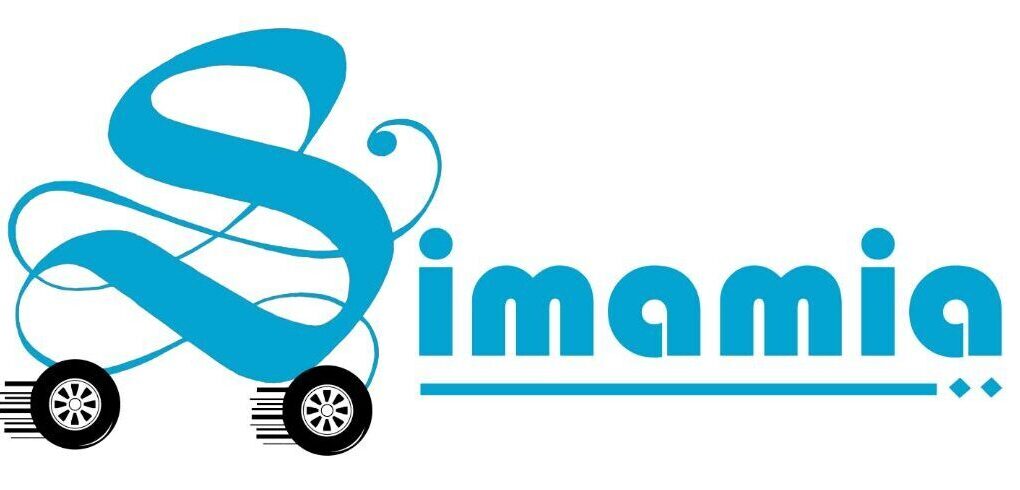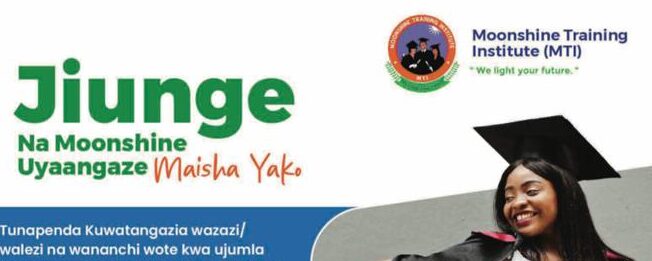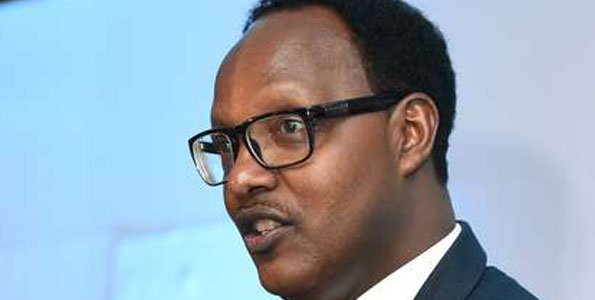
By TREVOR ANALO
As an energy policy expert, what is your assessment of the status of power generation in East Africa?
A few years ago, the majority of East Africans derived their energy from traditional sources — wood, charcoal and agricultural waste – which comprised over 70 per cent of the region’s energy mix. Today, thanks to the collective billions of dollars invested over the past decade by governments and private sector, the power industry has been transformed radically.
But shortages are still rampant.
The EAC countries are registering rapid economic growth, therefore demanding even more energy for development projects. Both the public and private sectors and individuals have come out with different initiatives to boost energy supply while governments work to invest in regional power projects from shared resources especially hydro, as well as investments in cross-border transmission lines to facilitate easy power trade.
Will the prospects for clean energy sources in East Africa continue to grow as we have witnessed in the past few years?
Definitely. Look at the geothermal resources in Kenya, the discovery of natural gas in Tanzania, methane gas and peat in Rwanda, Uganda’s hydro sources and gas, and Burundi with a number of hydro sources as well as peat. With the region’s governments’ clear commitment to invest and to support private investments in the sector, I see the region achieving the targets of sustainable energy for all by 2030.
As energy minister in Rwanda, what were your signature projects?
I worked on a number of big projects in the country, but introducing hydroelectric power in Rwanda stands out, not just for being a first, but also in the way it was easily implemented after years of inaction.
The biggest domestic hydro potential in Rwanda is the Nyabarongo River. President Kagame told me and the then finance minister that he did not want to hear about Nyabarongo except that works to generate power were going on. Now, Nyabarongo is generating 30MW, along with Rukarara (9MW).
President Kagame is reputed to be a decisive leader keen on getting things moving. He also sets very high performance benchmarks for his ministers. How was your experience working for him?
You must have heard about the methane gas deposits in Lake Kivu that we share with the Democratic Republic of Congo. This resource has been there since time immemorial but for a long time, neither Rwanda nor DRC did anything about it, except for laboratory research done by the Belgians, who carried out tests in a brewery in Rubavu near the lake.
So the president wakes up one day and gives instructions. Although this is not a direct quote, but the instruction went like this: “I am fed up with this talk about methane gas, which has now become a song. I want us to find out if it is really there, and whether it is exploitable and usable, and close the chapter.†Today, we have investors lining up for power generation from this resource.
So the president avoids management by committee?
He has his own unique way of managing Rwanda. You may have heard some referring to him as a CEO of Rwanda, running the country as a corporate entity. The president’s patience is limited when it comes to poor performance, and this is where he is different in terms of achieving what he wants.
You recently won a Lifetime Achievement Award as an outstanding energy professional in East Africa. How did you achieve that?
The award is new and this is the first time it is being given out. The East African Power Industry Awards is an initiative of the East African Power Industry Convention.
The award simply recognises individuals who are helping transform the power industry in East Africa.
I have worked on a number of projects, small and big, and I have provided advisory services to different countries after my ministerial tenure.
But these may not necessarily be the core attributes that qualify me for the award. Obviously, there are thousands of energy engineers in the region with the same or even longer experience and academic qualifications. But the time I spent under President Kagame’s mentorship as his minister for energy not only provided me with the highest level of professional endurance but also on-the-job training — on which I depend to this day.
OP The East African



Recent Comments